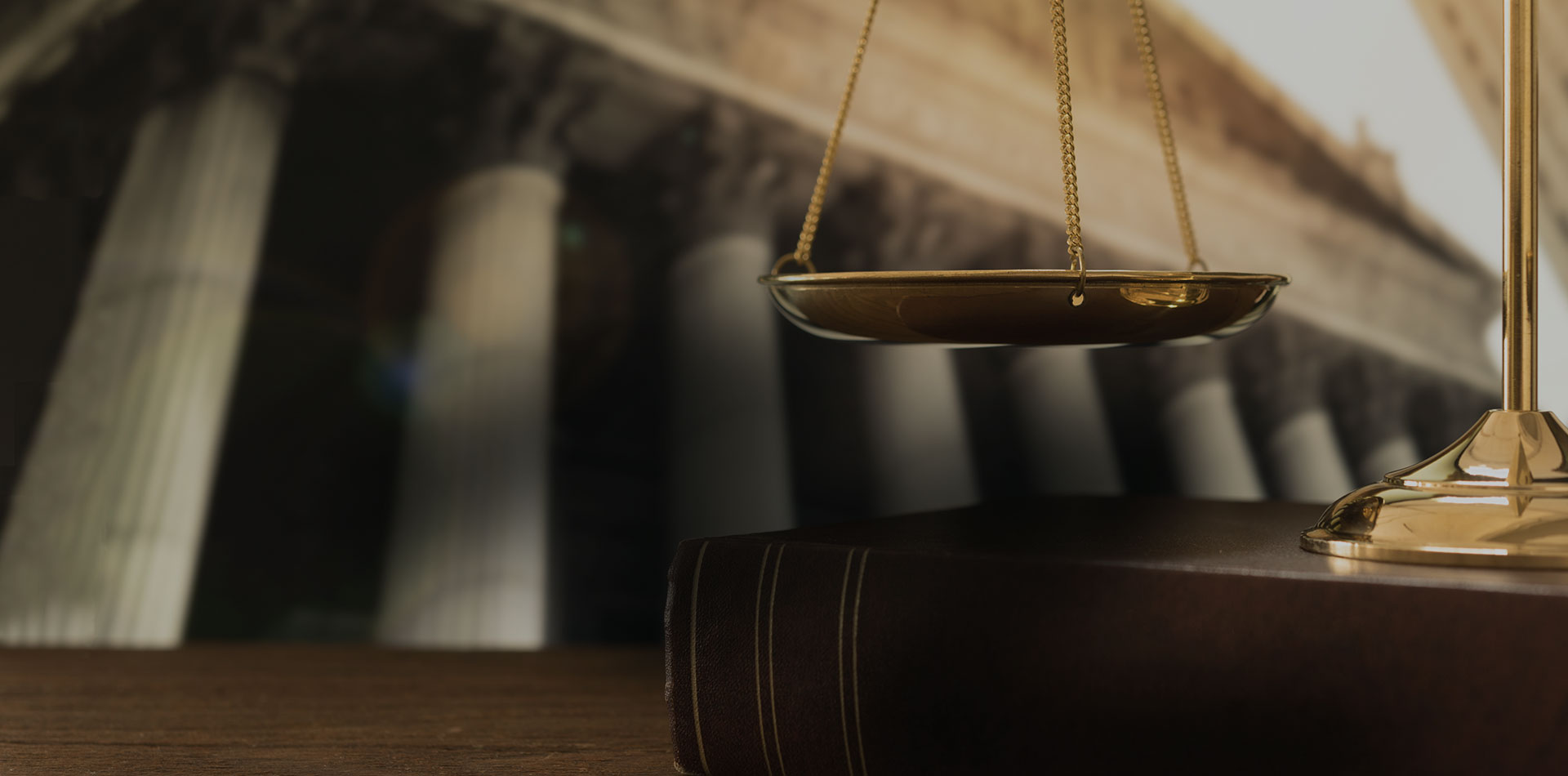10 Jul Lease Laws | Frequently Asked Questions
Lease Laws | Question #1:
How can I find out if my landlord wrongfully kept my deposit?
Can my former landlord keep part of my security deposit because he says I owe unpaid rent?
SECURITY DEPOSIT
Under California law, 21 calendar days or less after you move, your landlord must either: Send you a full refund of your security deposit, or Mail or personally deliver to you an itemized statement that lists the amounts of any deductions from your security deposit and the reasons for the deductions, together with a refund of any amounts not deducted. The landlord also must send you copies of receipts for the charges that the landlord incurred to repair or clean the rental unit and that the landlord deducted from your security deposit. The landlord must include the receipts with the itemized statement.
California law specifically allows the landlord to use a tenant’s security deposit for four purposes: 1. Unpaid rent; 2. For cleaning the rental unit when the tenant moves out, but only to make the unit as clean as it was when the tenant first moved in; 3. For repair of damages, other than normal wear and tear, caused by the tenant or the tenant’s guests; and 4. If the lease or rental agreement allows it, for the cost of restoring or replacing furniture, furnishings, or other items of personal property (including keys), other than because of normal wear and tear.
Suppose that your landlord does not return your security deposit as required by law, or makes improper deductions from it. If you cannot successfully work out the problem with your landlord, you can file a lawsuit in small claims court for the amount of the security deposit plus court costs, and possibly also a penalty and interest, up to a maximum of $10,000. Civil Code Section 1950.5(n).
Lease Laws | Question #2:
TERMINATION OF LEASE
A landlord can terminate (end) a month-to- month tenancy by properly giving the tenant 30 days’ or 60 days’ advance written notice, depending on the tenancy. However, a tenant must be mindful of the existence of city and state rent controls. If rent control applies, than a landlord must follow the rent control law of when a landlord can terminate the tenancy.
Lease Laws | Question #3:
QUIET ENJOYMENT
Every rental agreement include the implied covenant of quiet enjoyment that protects the tenant from any act of omission by the landlord that interferes with the tenant’s right to use and enjoy the unit during the time of the lease agreement. A breach of this right gives rise to a legal action. This is also stated in California Civil Code 1927.
Minor inconveniences are not actionable breaches of the covenant of quiet enjoyment. To be actionable, a landlord’s act or omission must substantially interfere with a tenant’s right to use and enjoy the premises
The perpetrator of the interference need not be the landlord personally; an actionable breach may occur if the interference is caused by a neighbor and the landlord does not take reasonable action to remedy the interference.
Lease Laws | Question #4:
MITIGATE THE LEASE
According to Civil Code 1951.2, a termination of lease, if a lessee of real property breaches the lease and abandons the property before the end of the term or if the his right to possession is terminated by the lessor because of a breach of lease, the lease terminates and the landlord may recover from the tenant
(1) The worth at the time of award of the unpaid rent which had been earned at the time of termination;
(2) The worth at the time of award of the amount by which the unpaid rent which would have been earned after termination until the time of award exceeds the amount of such rental loss that the lessee proves could have been reasonably avoided;
(3) Subject to subdivision (c), the worth at the time of award of the amount by which the unpaid rent for the balance of the term after the time of award exceeds the amount of such rental loss that the lessee proves could be reasonably avoided; and
(4) Any other amount necessary to compensate the lessor for all the detriment proximately caused by the lessee’s failure to perform his obligations under the lease or which in the ordinary course of things would be likely to result therefrom.
Therefore, even though a Landlord can come after you for not paying the leftover rent, the landlord is still required to mitigate their damages. Once the mitigation is completed, the landlord than can come after you for the missing money that was not rented out to you.
Contact the Law Office of Aaron Kohanim today to schedule a consultation. You can call us at (310) 861-7506. If you prefer to send a quick message, visit our Contact Us page.
The response above is not intended as legal advice. This response does not create an attorney-client relationship. Legal questions can only be fully answered through consultation with an attorney to whom you give full and accurate details. It is highly recommended that you seek advice from an attorney by setting up a confidential meeting. All who read this answer should not rely on the answer to govern their conduct.




Sorry, the comment form is closed at this time.